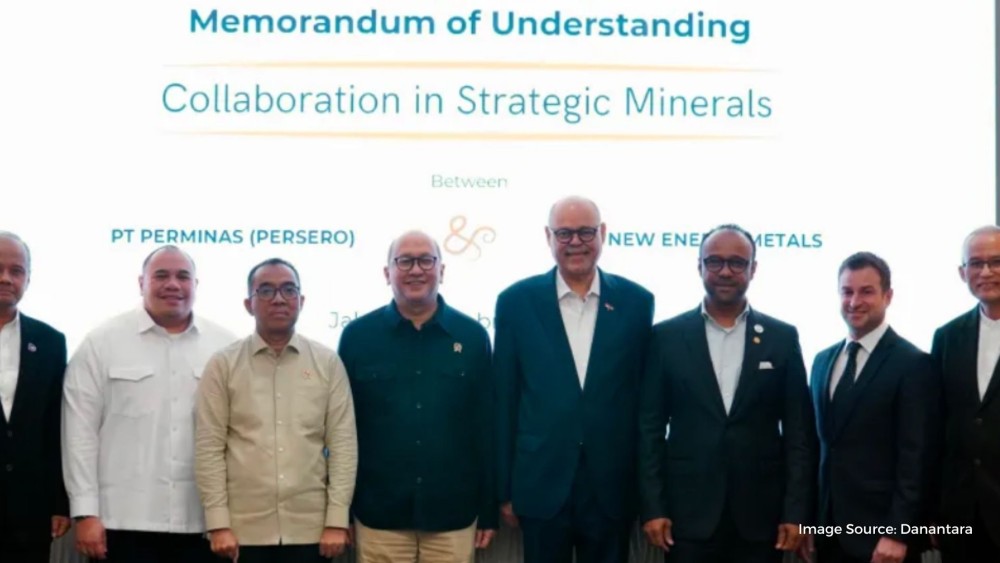Indonesia's Ministry of Manpower, ILO Investigating Forced Labor Allegations in Nickel Smelters
10 Oct 2024

The Indonesian Ministry of Manpower (Kemnaker) is investigating allegations of forced labor in nickel smelters located in industrial areas of Central and Southeast Sulawesi. Facilitated by the International Labour Organization (ILO), the Ministry has gathered labor unions from these industrial zones to collect evidence regarding the working conditions of the labor force in these regions.
The allegations stem from the United States Department of Labor (US DOL), which claims that foreign workers from China are subjected to forced labor. The DOL has included Indonesian nickel on its list of goods produced through forced labor, based on reports from the non-governmental organization Child Labour.
The report claims that Chinese nationals were recruited to work in Indonesia, only to face lower wages than promised, longer working hours, and instances of verbal and physical abuse as punishment upon their arrival.
Yuli Adiratna, Director of Labor Norms Inspection at the Ministry of Manpower, emphasized the need for further investigation as the information from Child Labour is quite recent. "Yesterday, we gathered evidence to verify whether these allegations hold true," she remarked during the National Conference on Critical Minerals in Palu, Central Sulawesi, on Wednesday, October 9.
She encouraged labor unions and the community to report any cases of forced labor or abuse involving workers in nickel mining companies. She also urged them to provide the names or identities of companies involved in such practices.
Yuli highlighted that if the forced labor allegations are confirmed, the nickel companies could face penalties, although the authority to impose these sanctions does not lie with the Ministry of Manpower.
She further stressed that the priority should be preventing forced labor practices from occurring in Indonesia, not just in the nickel industry but across all mining sectors. Given the significant profits generated by the nickel industry, it is vital for the government to ensure that operations respect human rights.
“We must avoid accidents and human rights violations, such as forced labor, child labor, and discrimination. This is a shared responsibility,” she stated.
Previously, Indonesia's Minister of Energy and Mineral Resources, Bahlil Lahadalia, asserted that there is no evidence of forced labor in the country's nickel industry.
“Of course not. I used to be the Minister of Investment; there’s no such thing as forced labor,” Bahlil said when asked about the allegations on Monday night, October 7, as quoted by Antara.
Original article here
This article is published in partnership with Katadata
















